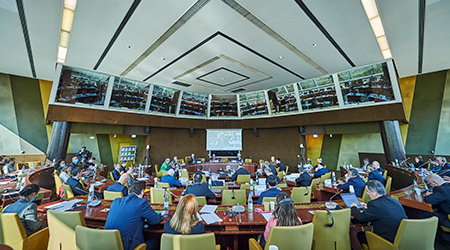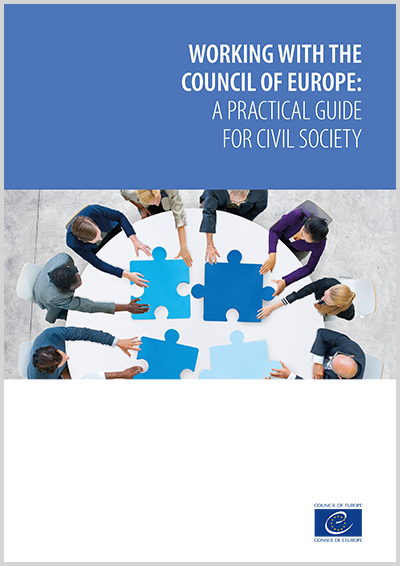Standard-setting and monitoring work in committees

Committee work lies at the heart of the Council of Europe. It allows governmental and independent experts to participate directly and is the main tool to develop and monitor policy instruments and legal standards, building a common pan-European legal space.
The first type of committee includes steering committees, ad hoc committees and subordinate bodies: for the period 2022 to 2025 there are 26 steering or ad hoc committees and 26 subordinate bodies. Their job is to draw up policy texts and legal standards, such as treaties or recommendations. These committees are made up of representatives from member states who have the highest possible rank in the relevant field. They include relevant international and regional organisations, civil society and other partners in their work. An NGO can request observer status under these conditions (article 8 of CM/Res(2021)3).
The second type of committee monitors Council of Europe policies and legal texts and ensures these are always up to date. They include:
- committees representing parties to a given treaty;
- committees representing all member states which follow a specific resolution (legal text) of the Committee of Ministers;
- committees composed of independent experts, sitting in their individual capacity (independent moni- toring or advisory committees);
- committees established to manage partial and enlarged agreements, which only include certain member states or non-member states.
These committees involve civil society in their work in different ways, according to their respective rules.



